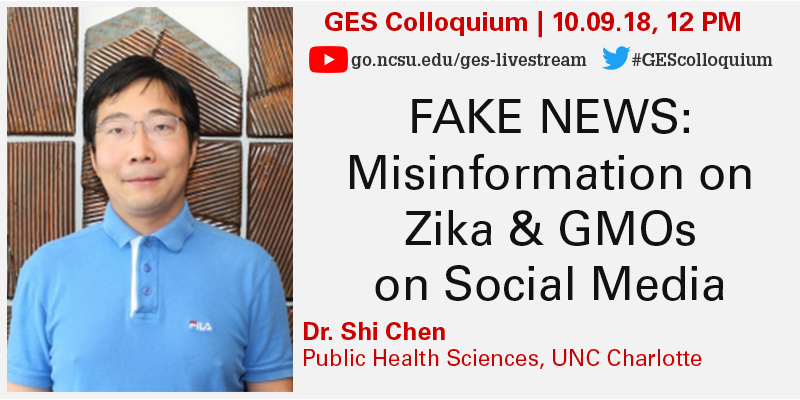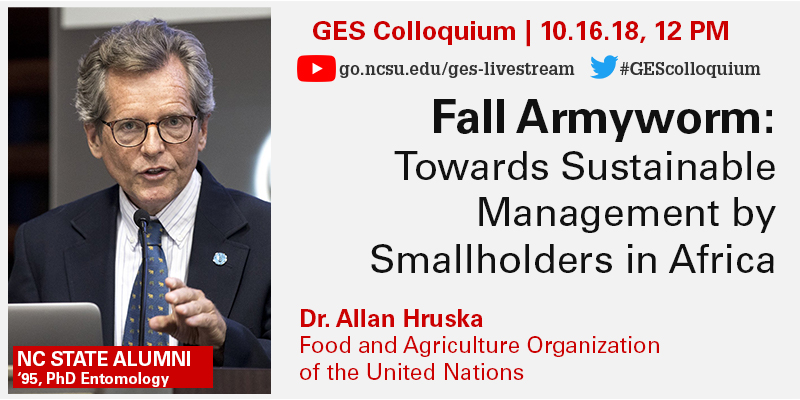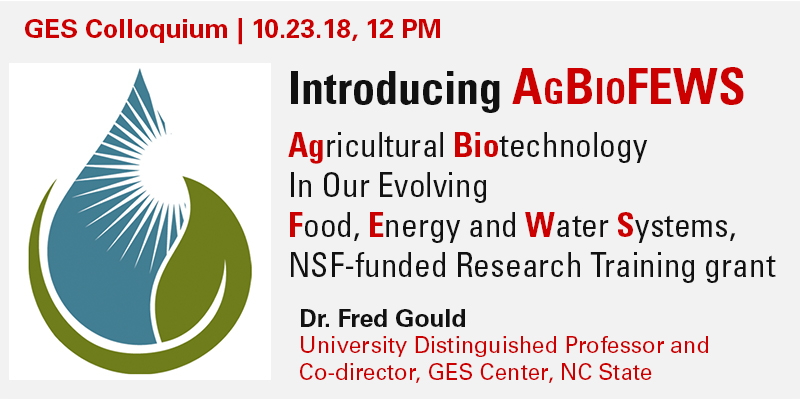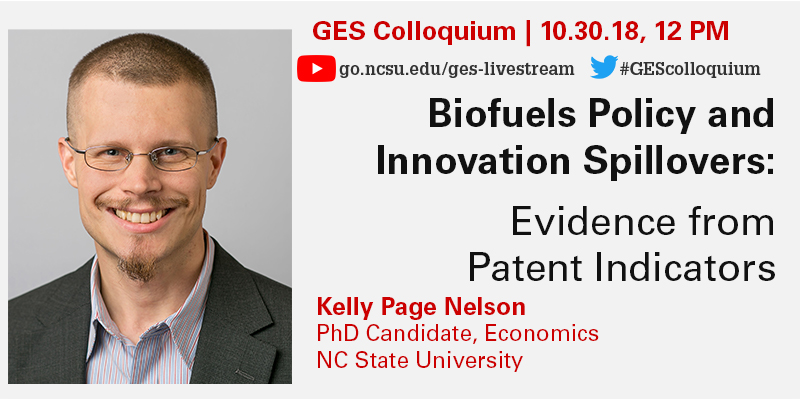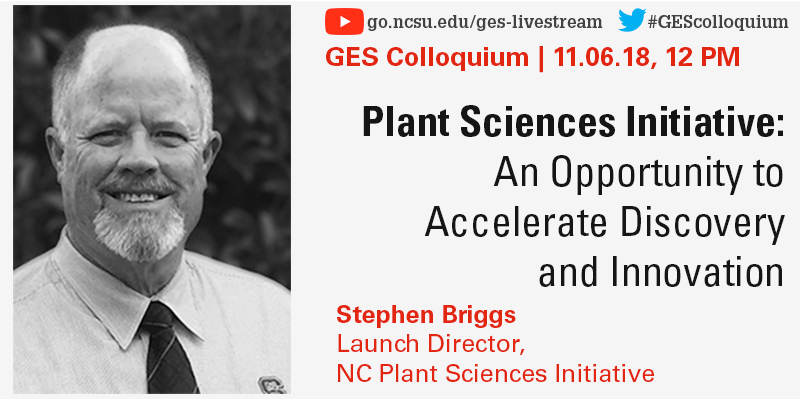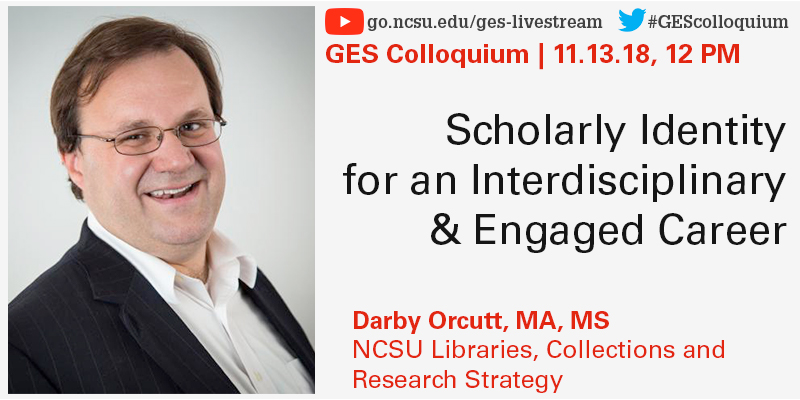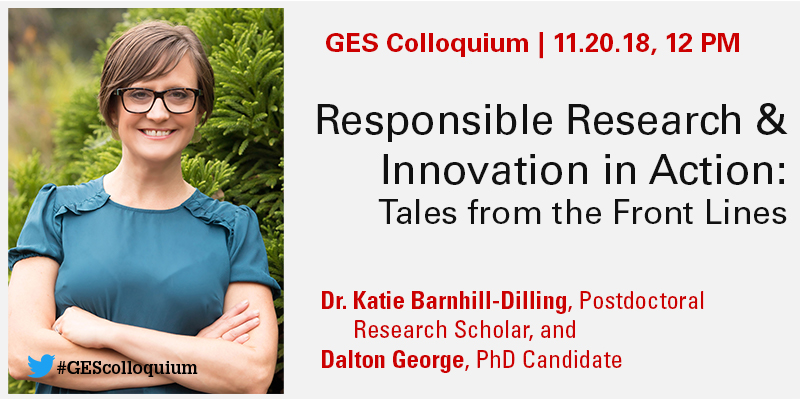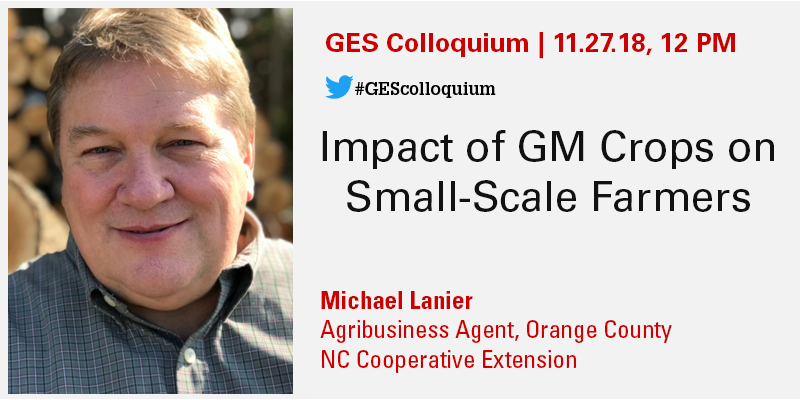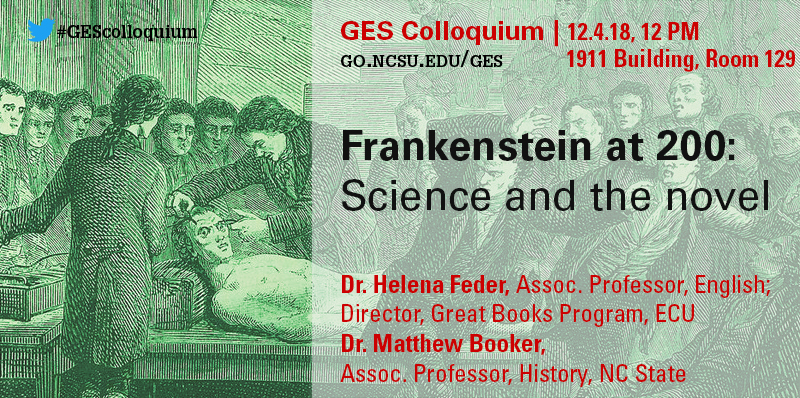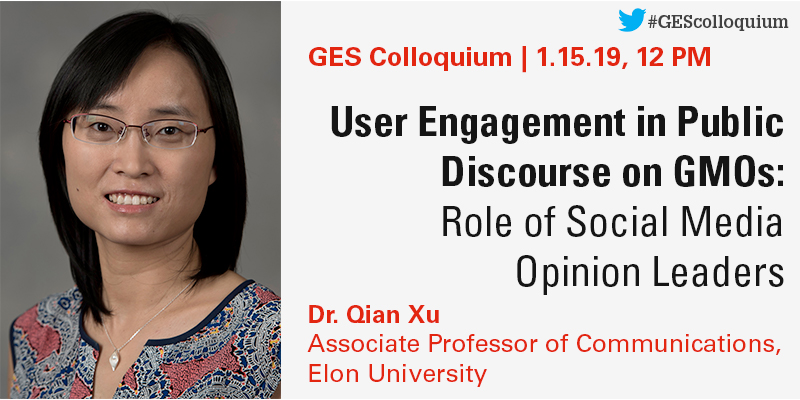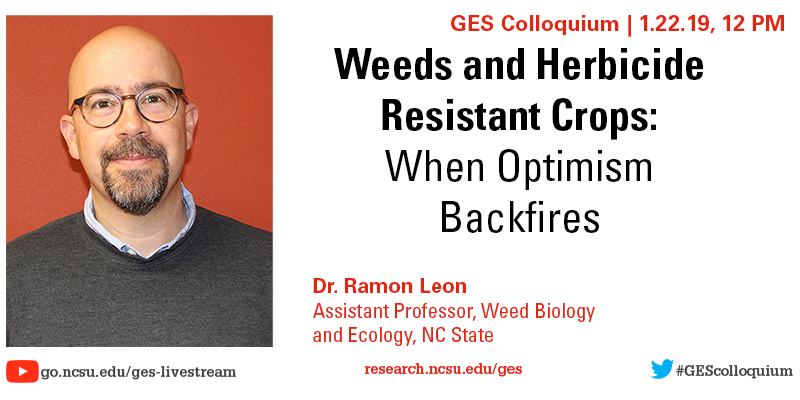Shi Chen – ‘Fake News: GMOs and Zika’
1911 Building, Room 129 (North Campus) 10 Current Dr., Raleigh, NC, United States10/9 Colloquium: Shi Chen | Abstract: Social media have become an integral part of public health communication. More and more individuals first resort to social media for information during health crisis and disease outbreaks. While the low cost and easy access of social media make it more convenient for health communicators to disseminate useful information to the general public, they also have the side effect of enabling wide and fast spread of fake health news.
